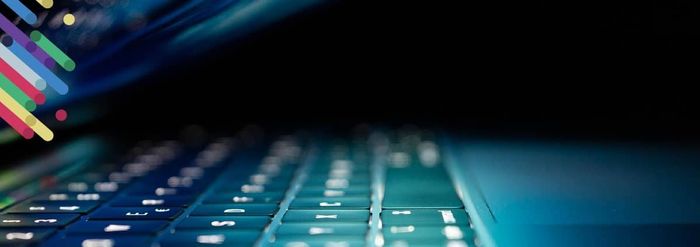Top Healthcare Cybersecurity Trends
Published April 5, 2025.

Healthcare is perhaps the most vulnerable industry to cyber threats at this time. The value of medical documents on the black market has helped paint a large target on healthcare infrastructure, several unique factors in the industry have made efficient cybersecurity particularly challenging and the consequences of cyberattacks are more serious in the healthcare industry than anywhere else.
Unless significant action is taken, it does not appear that this situation will be rectified anytime soon. And yet, like everything else, cyber threats are always evolving and changing. While the healthcare system is likely to remain at risk in the near future, the type of risks it faces are in flux. Anybody trying to help tackle these serious issues should be keeping their eyes on these cybersecurity trends currently changing the nature of the threats to healthcare.
A Lack of Boundaries Between Personal and Business Activity
Doctors and other practitioners are increasingly, and understandably, succumbing to pressure to use every tool available at work, even personal ones. Tablets, smartphones and laptops from home are being brought into the workplace and connected to networks and systems there. On one hand, this can help save clinics and hospitals on the cost of providing needed devices and it can even make practitioners more efficient at their jobs, but the price is great insecurity in cyberspace, as each device can act as an access point to sensitive information on whatever systems they connect to.
What’s more, personal emails are being used for work related tasks and vice-versa. This mixture of activity makes it increasingly difficult to keep all activity secured and healthcare employees are often entirely unaware of the risks and how to mitigate them.
Even Better Phishing Attacks
Phishing attacks are on the rise and they’re getting more and more sophisticated, fed by your everyday activity online. In the same way companies like Facebook and Google are able to show you targeted advertisements based on your searches and other online activity, phishing attacks are using the same principle to become more and more targeted.
The result is that they can often outsmart email spam filters and convince the untrained eye to open them. These increasingly effective phishing attacks are hitting the healthcare industry as well, where workers often aren’t trained to spot sophisticated attacks and are distracted by other complex tasks at work.
More Stolen Identities
Identity theft has always been a serious concern in cyberspace, but it’s only gotten worse as more information is collected and hackers adapt more sophisticated tools to access personal data. The healthcare industry is bearing the brunt of this trend as well, since medical records are worth far more on the black market then social security numbers and credit cards.
Part of the solution to these troubling trends is increased education and awareness, so that practitioners and other healthcare workers are more likely to spot an attempted attack and report it. But they also can’t be expected to spend their days preventing cyberattacks when they need to focus on their real specialty: saving lives. The industry must invest in better tools, experts and developing new systems and methods of cybersecurity that can protect critical healthcare infrastructure.



